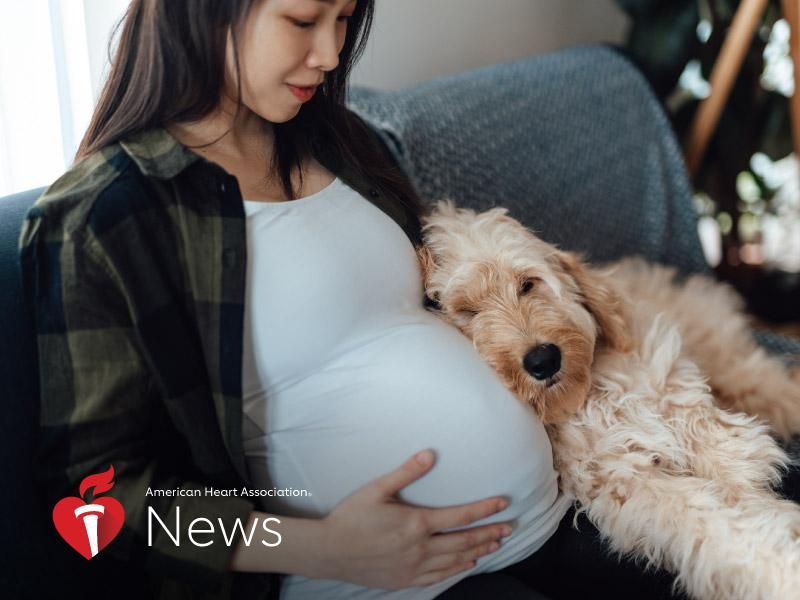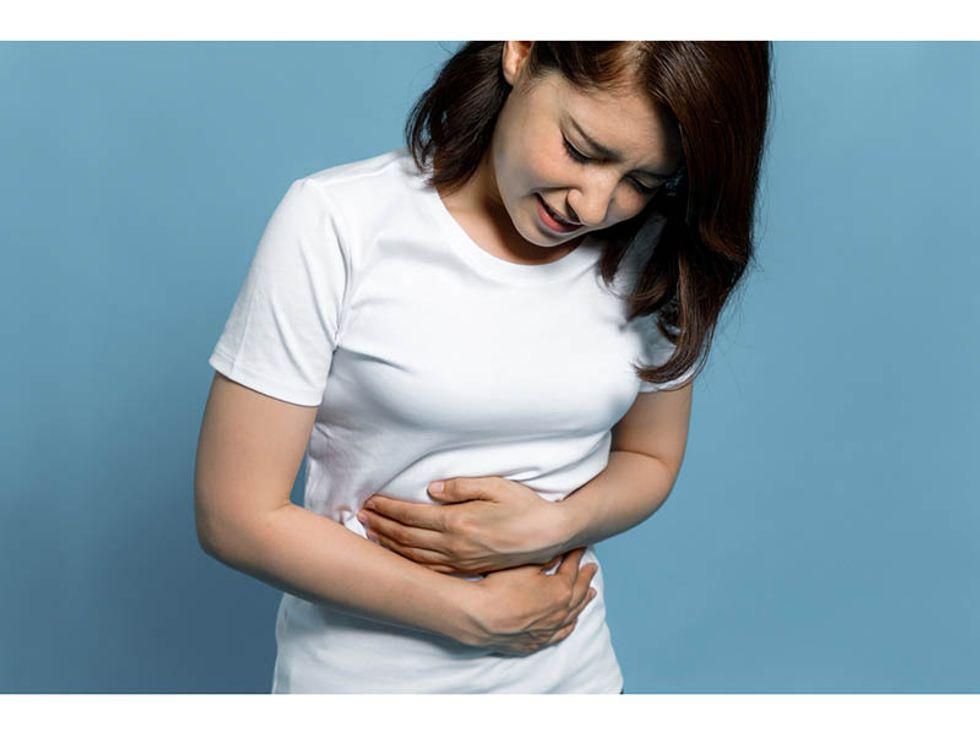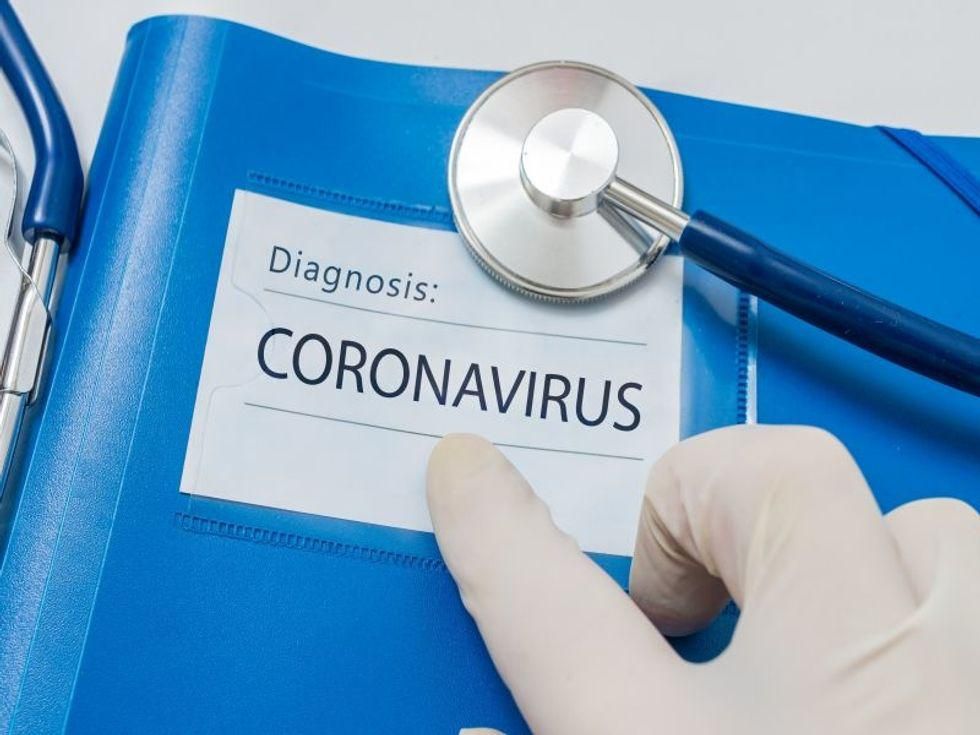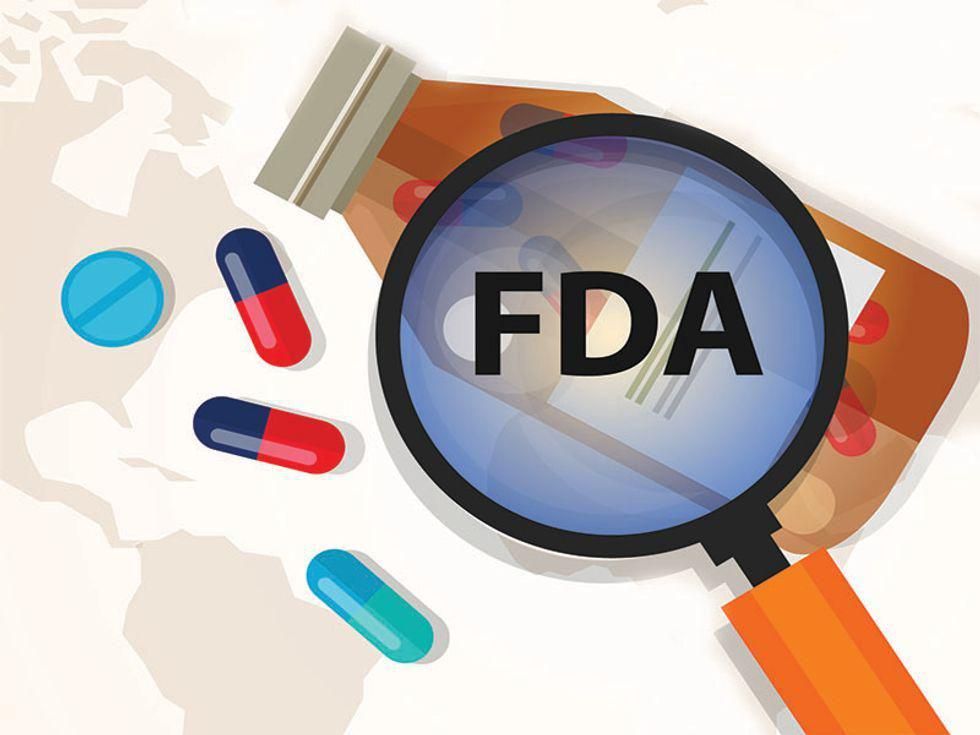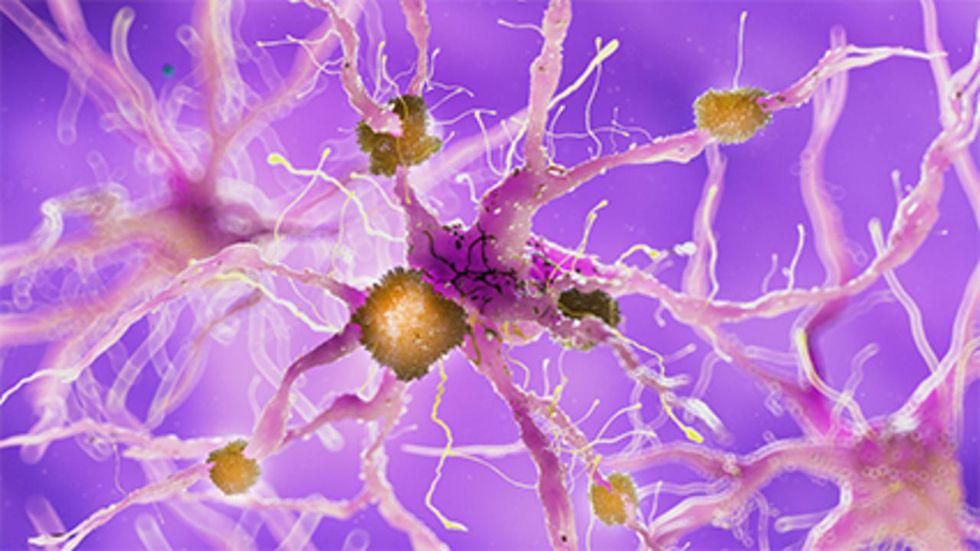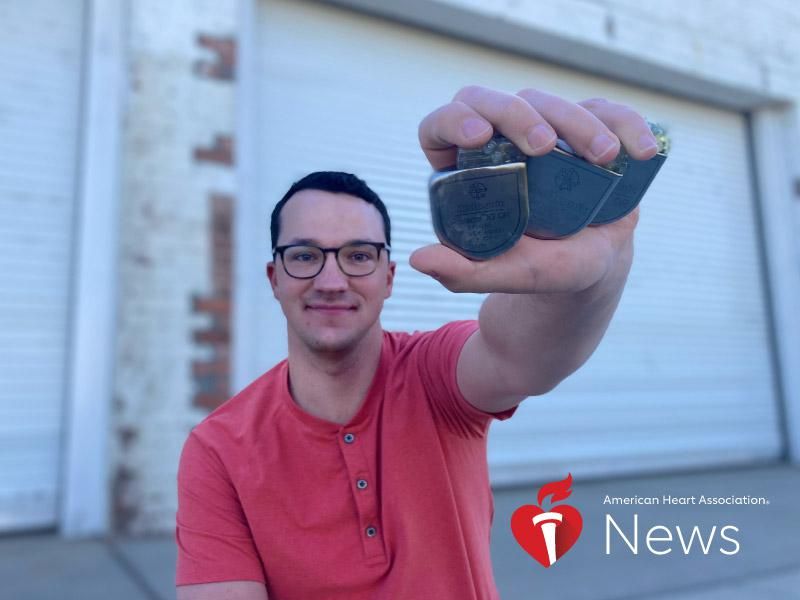
TUESDAY, June 8, 2021 (American Heart Association News) — Running late after a hectic day, Jimmy Fremgen sprinted up a flight of stairs to his apartment. His hands shook so wildly he had trouble fitting the key into the lock. Once inside, his heart pounded so rapidly he couldn’t count the beats. And as someone… read on > read on >










